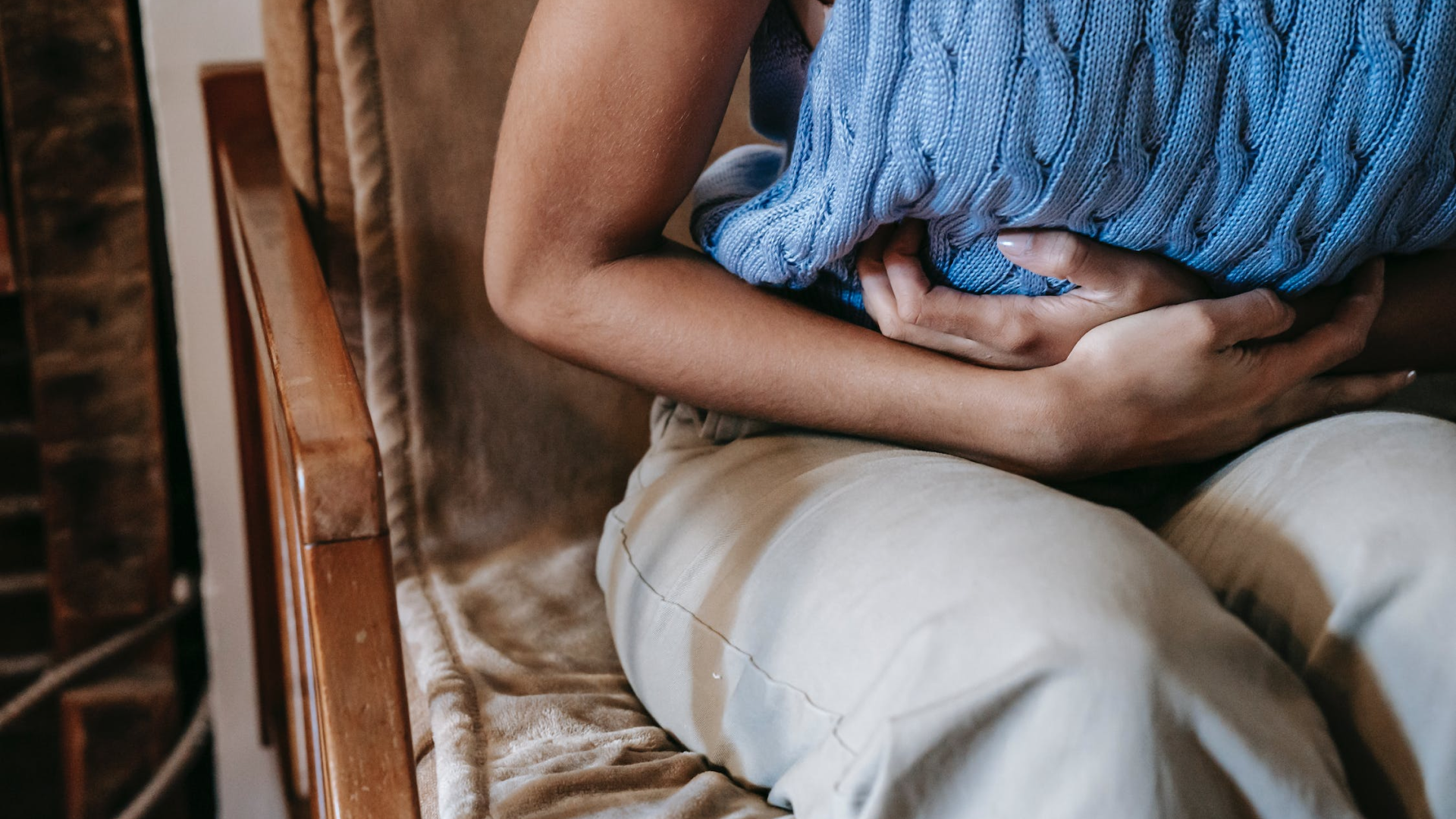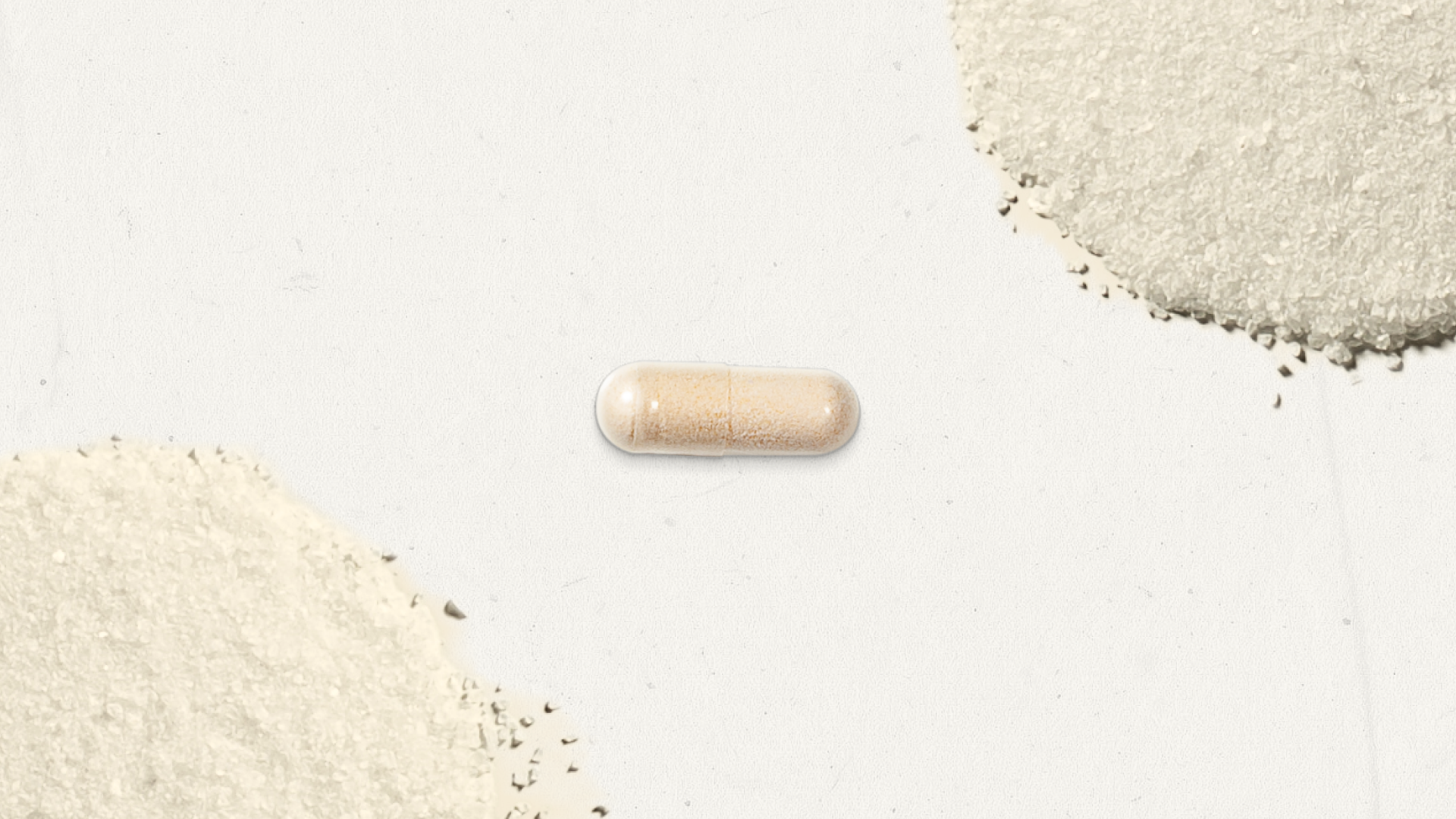Probiotics for Travelling: Everything You Need to Know


Probiotics for Travelling: Everything You Need to Know
Why are probiotics a good idea when travelling?
So you’ve heard people talking about taking probiotics before a big trip, but what do they really do and why is taking them a good idea for your next round-the-world adventure?
Well, if you’ve ever experienced, traveller's diarrhoea, it's never fun on holiday. The optimist in us would say you are lucky if you have travellers diarrhoea; it means you are out seeing the world! Optimism aside, travellers' diarrhoea is something you want to try and avoid; by learning what causes it, and how probiotics can help you avoid this unpleasant experience, you can be better equipped to prevent it!
Traveller's diarrhoea is a common and crappy (pun intended) health issue affecting people travelling abroad. It affects up to half of all travellers visiting developing nations, with Africa, Latin America, the Middle East and Asia high-risk areas for the condition. It typically arises from ingesting contaminated food or water.
Here's everything you need to know about traveller's diarrhoea and how you can steer clear of it during your travels.
Causes of traveller’s diarrhoea
Traveller's diarrhoea is the most common illness in tourists and arises after consuming contaminated food or unsterilised water. Locals to the country you are visiting will often have a base level of immunity and can consume food and water that travellers cannot. Travellers from another country won't have the same immunity as locals and are therefore at risk of contaminants, including bacteria and parasites.
Traveller's diarrhoea-causing contaminants are found in fruits or vegetables, undercooked meats, food from street vendors, food buffets or water.
Who is most at risk of traveller’s diarrhoea?
Individuals more likely to contract traveller's diarrhoea include young adults, those with underlying sickness or who are taking immune-suppressing medicines, and those with diabetes or severe medical conditions. Those who take acid blockers or antacids are also at higher risk of traveller's diarrhoea as the reduction in stomach acids caused by these medications may make it easier for harmful bacteria to form.
How Probiotics can help you avoid traveller’s diarrhoea
Probiotics are good bacteria that help keep a healthy balance in your gut ecosystem. While they are in fermented foods like yoghurt, kefir, and kimchi, you may also want to consider taking them via supplementation (we know a guy). Our Probiotics SB capsule is specifically formulated to assist the gut and is a great travelling companion. It contains saccharomyces boulardii, a probiotic strain that reduces symptoms of traveller's diarrhoea.
Probiotics contain gut bacteria that we like! The good kind. Taking probiotics (especially probiotics designed for travel) can equip your body to fight off the harmful bacteria should it come into contact with traveller’s diarrhoea-causing bacteria.
Why Saccharomyces Boulardii is a traveller's best friend
Saccharomyces boulardii, the star ingredient in Probiotics SB, has been extensively studied for its ability to combat harmful bacteria and support a resilient digestive system. Unlike other probiotic strains, this yeast-based probiotic is heat-resistant, making it ideal for traveling to warmer climates where storage conditions may be less predictable. It not only helps reduce the severity and duration of traveller's diarrhoea but also promotes the restoration of beneficial gut bacteria, ensuring your digestive system remains balanced throughout your trip. Including it in your travel routine provides an extra layer of protection against unexpected digestive issues.
When should you take probiotics for travel?
You should take probiotics for travel around 2-3 weeks before your trip. This gives your gut enough time to seed the helpful bacteria and aid the immune system.
More tips for avoiding traveller’s diarrhoea:

Avoid ingesting contaminated food or water
Sounds obvious, right? No one sets out to get travellers diarrhoea but choosing safe food sources and sticking to bottled or boiled water can minimise your risk.
Sticking to freshly cooked, hot food will help you avoid illness. If you are going to eat street food, try and find a busy vendor with a high turnover!
Keep up good hygiene practices
Even if you do not directly ingest contaminated food or water, remain vigilant. Ensure that utensils and dishes are cleaned before using them, and don't forget to lather up those hands with warm, soapy water before and after you eat (it's 2022, you know the drill!). Avoid unsterilised water. Cheeky ice cubes can be a sneaky contaminant carrier that will fill your drink with nasties when they dissolve into an otherwise safe glass.
Similarly, avoid swimming in water that you cannot ensure is clean. If this is unavoidable, earplugs are a great option. Or just keep your head out of the water!
Take other helpful supplements

Other nutrients that may help support your gut health ahead of travelling abroad include zinc, curcumin and vitamin c.
Zinc deficiency has been found to create favourable conditions for various gastrointestinal disorders. Zinc can be taken into the body by eating meat, beans, and lentils, but in case you aren't getting enough zinc from your diet, you may take it through supplementation.
Vitamin C also has a large number of functions in the body. As we are unable to make it on our own, we must ensure we're getting enough Vitamin C from the diet. Lack of Vitamin C can weaken your immune system, leaving you more vulnerable to infections and illnesses so it's essential for helping keep your immune defenses strong.
Already not feeling well?
How do you know if you have traveller's diarrhoea?
Most of the time, you'll know when you have travellers diarrhoea. People with mild cases may experience passing three or more loose stools over a day, accompanied by abdominal cramps, rectal spasms, a strong or immediate urge to go to the bathroom, and nausea. You may also experience a mild fever and general weakness.
Traveller's diarrhoea usually resolves within seven days. However, about 20% of people who catch traveller's diarrhoea become bedridden and experience prolonged symptoms. Following the protocols below can help make the condition a little more bearable and reduce the chance of it ruining your holiday.
What to do if you have traveller’s diarrhoea?
Ideally, you will give yourself time to be comfortable and rest while you recover, but realistically you will still want to make the most of your holiday, so rest may not be an option. If you are going to try and push on with your trip, hydration is key! Traveller's diarrhoea results in a significant loss of fluids and electrolytes, making it paramount that you prioritise hydration. Antibiotics may also be helpful for traveller's diarrhoea that comes from bacteria. Ginger, as tea (fresh slices in hot water), or can be found in local supermarkets to help reduce nausea, bloating and abdominal discomfort. While in recovery, it is advisable to avoid dairy products, alcohol, and spicy foods, as these can aggravate a sensitive digestive system.
Vitable vitamins can help you get the right supplements for your personal needs. Sign up for a supplement subscription and get your customised vitamins brought to your doorstep through our vitamin delivery services. Take our quiz and receive a tailored vitamin pack.
Find out more about other areas that the above supplements can help you with:
Probiotic SB | Zinc | Curcumin
*Always read the label. Follow the directions for use. If symptoms persist, talk to your health professional. Vitamin and/or mineral supplements should not replace a balanced diet.
